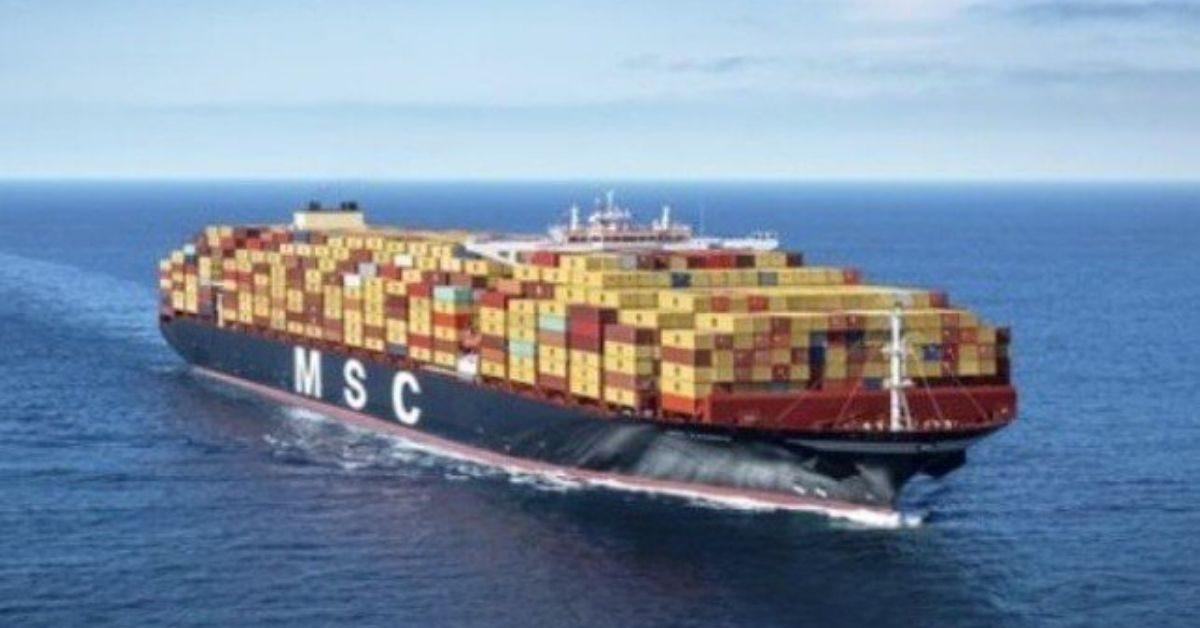The weekly routing, branded as the “Malabar,” connects all major ports in the Middle East region.
The full port rotation is Cochin (India), Mundra (India), Karachi (Pakistan), Jebel Ali (UAE), Abu Dhabi (UAE), Shuwaikh Port (Kuwait), Hamad Port (Qatar), Colombo Port (Sri Lanka) and back to Cochin.
The service deploys a fleet of four 2,400-TEU vessels.
The first call into DP World Cochin, also known as ICTT or Vallarpadam Terminal, on the new weekly connection took place on 6 April.
“This will create a faster, stable, and reliable service for the traders across the India-Middle East corridor and leverage the strong partnerships between the two regions for boosting economic growth,” DP World Cochin said in a statement.
According to Praveen Joseph, CEO of DP World Cochin: “We are committed to expanding trade routes through more direct services and are focused on continuously improving our operations to serve our customers better.”
Joseph further noted: “The newly launched Malabar service by our valued customer MSC, will play an integral role in strengthening the bilateral trade between India and the Middle East countries.
He went on to explain: “In addition, this service will enable Indian exporters have a deeper and wider access to the markets in the Middle East region.”
The Malabar Service has become the third weekly service sailing for the Middle East region from DP World Cochin, the company noted.
The Dubai-based terminal operator also added that ICTT is capable of handling post-Panamax vessels and that in February this year, the 605-metre-long terminal hit a new fiscal-year throughput high of 6 million TEUs since it began operations in early 2011.
ICTT is touted as India’s first full-fledged container transshipment facility, essentially designed to recapture Indian export/import cargo relayed over Colombo Port, using feeder networks.
ICTT’s first phase has the capacity to handle 1 million TEUs annually.
To position ICTT on a stronger footing for direct carrier calls, the Cochin port authority recently deepened its harbour to 18 meters and extended significant discounts on marine dues. This push has arguably helped the terminal attract more ad-hoc calls from major long-haul services, as carriers encountered operational challenges at Colombo.







